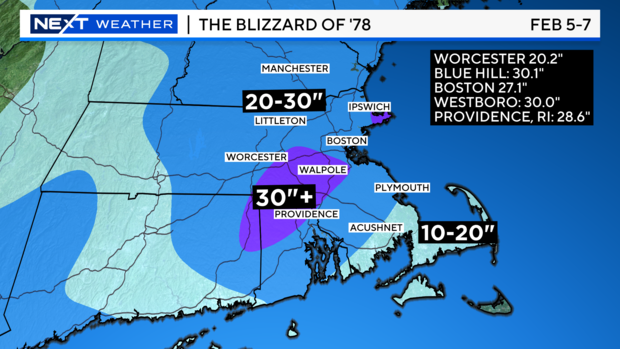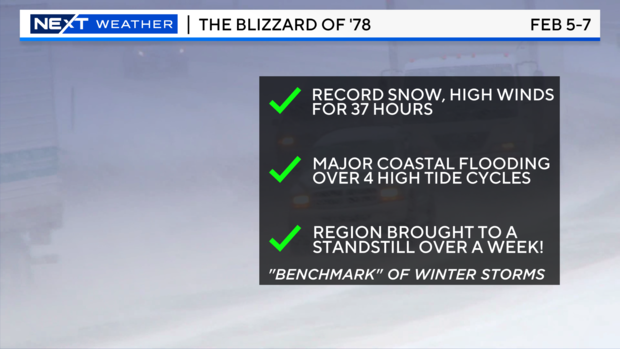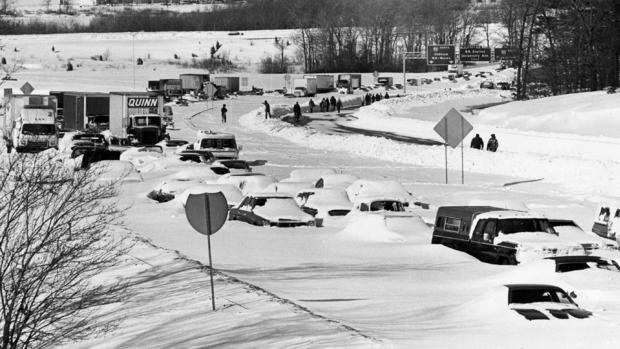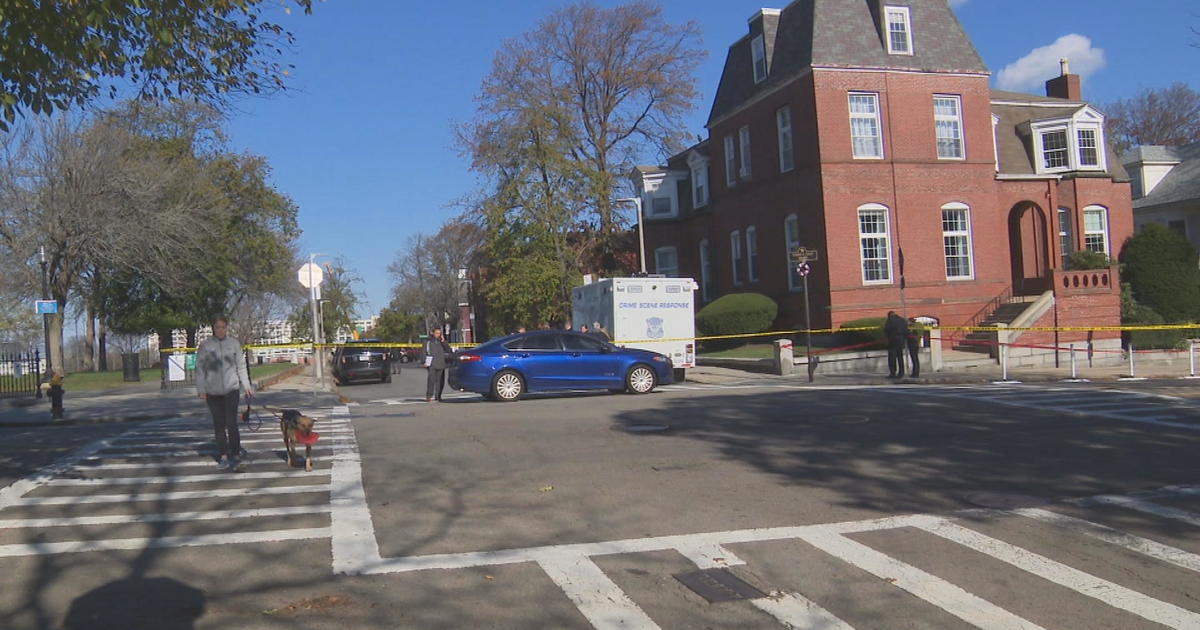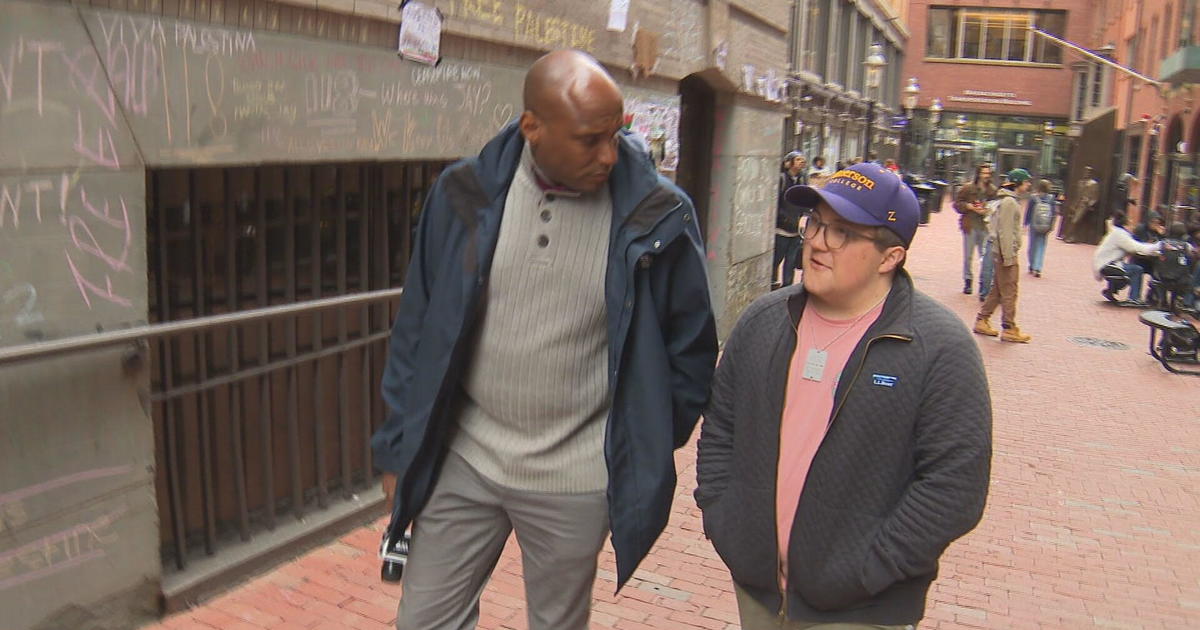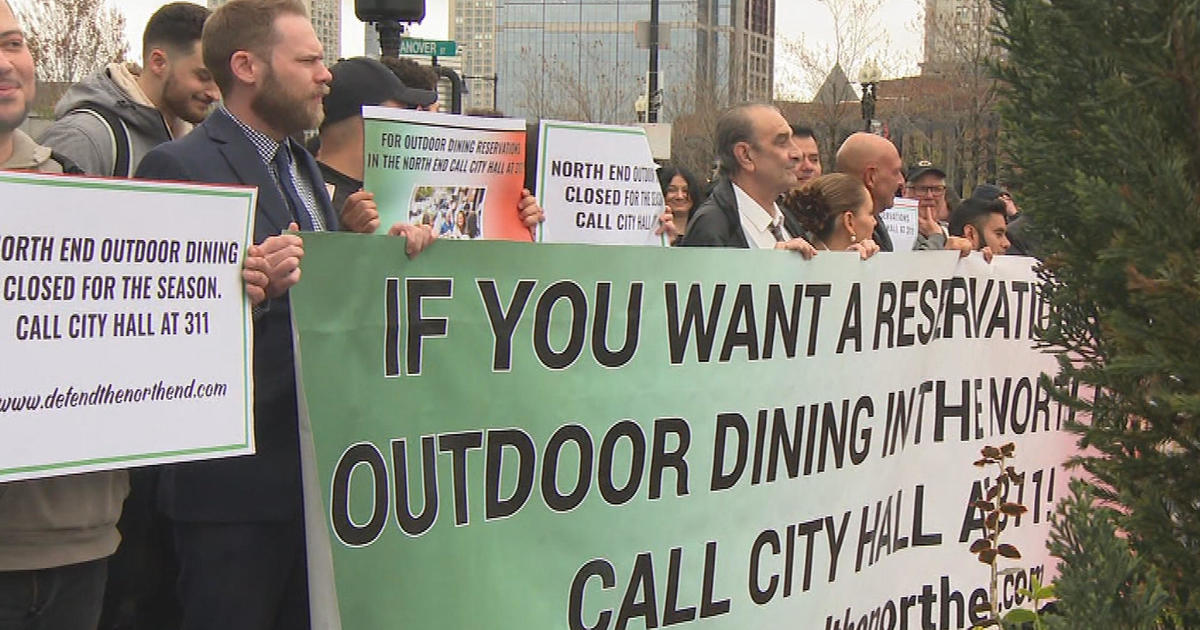Could a storm like the Blizzard of '78 happen again in Massachusetts?
BOSTON – We've all heard the stories about the Blizzard of 1978 and perhaps you have one of your own. Even 46 years later, it still stands as the "benchmark" storm in New England, the storm against which all other are compared.
Tuesday, on the 46th anniversary, instead of reliving the storm once again or digging through the impressive numbers, it's time to give an answer to a question that the WBZ-TV weather department gets frequently.
Could a storm like the Blizzard of '78 happen again today? And what would it look like?
Looking back on the Blizzard of '78
To start, I think it is important to remember how different things really were back in 1978.
Weather forecasting in the 70s was still in its relative infancy. There was essentially one computer model for meteorologists to look at along with some very crude satellite imagery. So, as you can imagine, forecasts were not always very accurate.
Because of this, the public had very little faith in meteorologists. There were some brilliant on-air meteorologists back then from Don Kent to Barry Burbank to Harvey Leonard, but they were severely hamstrung by the minimal data that was available to them at the time.
Just as important, if you missed the 6 p.m. news, you likely would have no idea what the weather forecast was. There was no internet, no cell phones, no apps.
So, when Barry Burbank went on air in Portland, Maine during the weekend of February 4-5, 1978, he and the other local meteorologists around New England had the nearly impossible job of warning the public that a massive storm was on the way.
Snowfall forecasts had been increasing for a few days and most on-air meteorologists, as well as the National Weather Service, were doing the best they could to raise concern and get the word out.
But many viewers either missed the one and only newscast that Sunday evening or just dismissed what they were hearing.
Monday morning, February 6, 1978
Despite the warnings of a potential major storm, most folks went to work and school as normal that Monday morning. To make matters worse, the snow came in a bit later than forecast. The morning commute went off without a hitch as barely any snow was falling at the time.
And then, in the blink of an eye, the storm arrived.
By mid-to-late morning, the snow was falling at rates of 1-3 inches per hour. Winds whipped the snow around in a frenzy, reducing visibility to zero along many highways.
Quickly, the public realized that this was no joke and businesses and schools started sending everyone home early. All at once, thousands of cars and buses hit the roads which were now white and treacherous.
The tremendous volume of cars combined with the whiteout conditions led to an absolute disaster. Plows could not clear the roads. Route 128 and many other area highways became a parking lot. Thousands were stranded in their cars.
A 37-hour blizzard
You likely know the rest of the story…the Blizzard raged on for nearly 37 hours. Boston received a record 27.1 inches of snow.
The city and its surrounding suburbs were left paralyzed for days. The storm had also hit during a new moon when the tides were at their astronomical peak. At the coastline, numerous homes were swept into the ocean by four successive high tides.
Could a storm like the Blizzard of '78 happen again?
We have certainly had our share of big storms since 1978. We have had numerous blizzards and memorable nor'easters. We even beat the snowfall record in Boston with 27.6 inches during the 2003 President's Day blizzard. Despite all this, the Blizzard of '78 still remains the most infamous of them all.
Will there ever be another Blizzard of '78? Could it happen again today?
You might be surprised by this answer. No.
The game has changed in the last 46 years. Technology has exploded. We have warehouses full of supercomputers making trillions of calculations a second, all in an attempt to model the atmosphere.
It is nearly impossible to compare the tools that meteorologists have at their fingertips today with what was being used in the 1970s. It is like operating a Tesla vs a Ford Model T.
Any sign of an impending storm and you know AT LEAST seven days in advance. You are reminded of it every time you look at your phone or flip open your laptop. You get notifications when forecasts change. Schools make the call to cancel the day before. Most of you have the option to work from home and are encouraged to do so at any sign of inclement weather. Each town employs hundreds of plows and an armada of street cleaning vehicles.
Heck, before the storm even hits, they are covering the roads in a slick chemical substance to help prevent icing.
The Blizzard of '78 occurred in a different time. It might as well have happened on another planet. You simply cannot compare a storm of that magnitude hitting then versus now.
How warmer climate will impact New England winters
Having said all that, and despite a warming/changing climate, winter storms will continue to occur here for the foreseeable future.
It is likely that we will have more storms that are equal to, or exceed, the 27.1" of snow that fell in Boston in the 1978 Blizzard.
We will continue to have storms that create massive coastal flooding and bring winds that gust to hurricane force.
In fact, I would argue that today, we are even more susceptible to extreme storms than we were back then. Climate change has led to warming of the land and oceans, but not enough warming to prevent massive snowstorms from occurring.
A warmer climate means more moisture and more energy available to developing storm systems. There is no doubt that our weather has become more extreme in recent years. When it rains it often pours, literally.
New England's flooding concerns
In my opinion, the greatest concern going forward is not that we will get another 27-inch snowstorm, but more so the flooding risks inland and at the coastline. We have gotten a little taste of this in the last year and I fear there is more where that came from.
Given the rising sea level and the massive buildup of homes and businesses at our coastline, the coastal flood threat has never been greater in our history.
So, the next "Blizzard of '78" will likely look and feel a lot different but the impacts could be just as severe if not worse.
Like we say at the start of every hurricane season, it is not a matter of "IF" but "WHEN."
